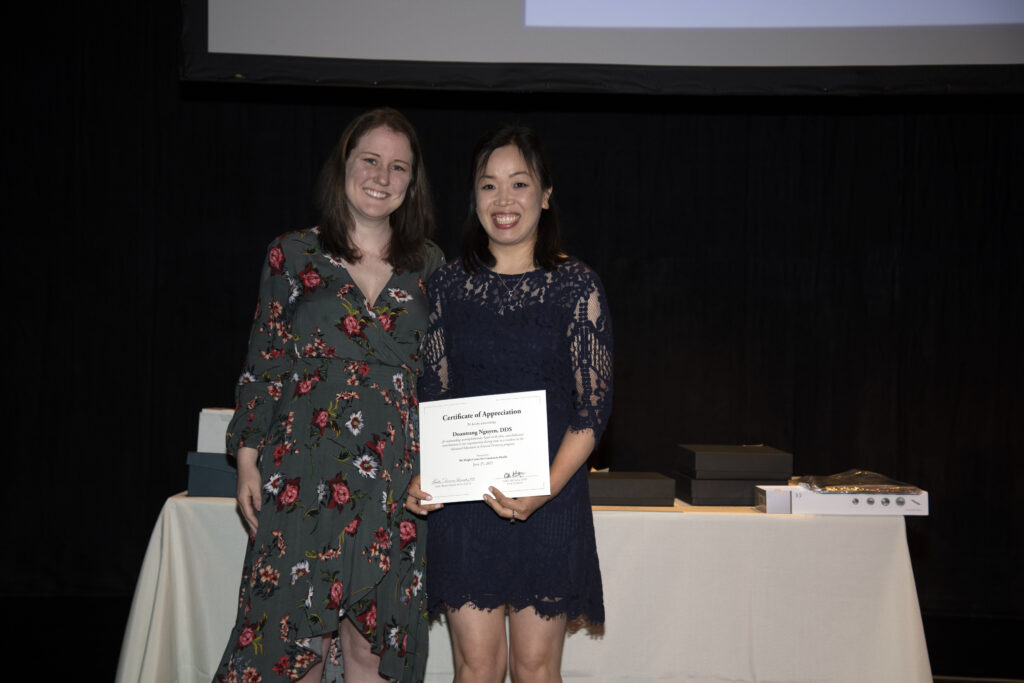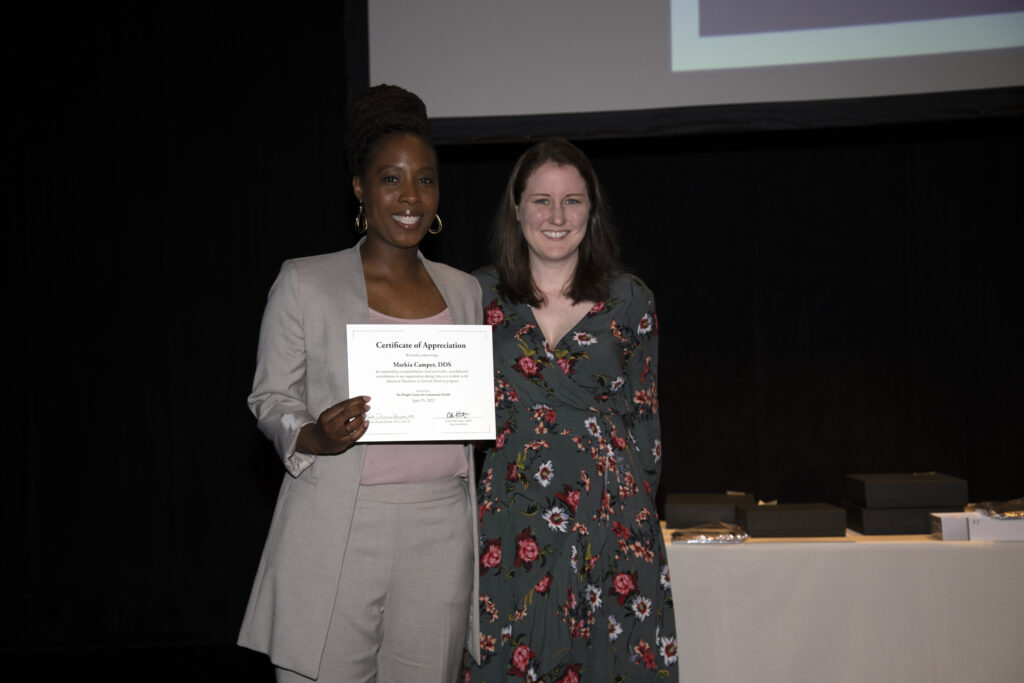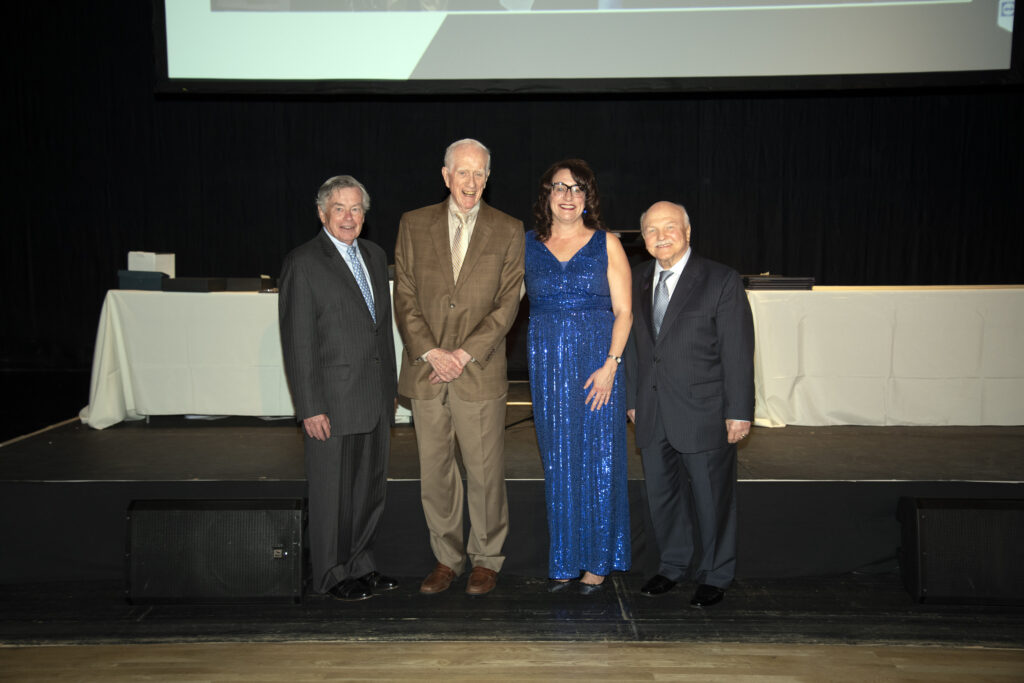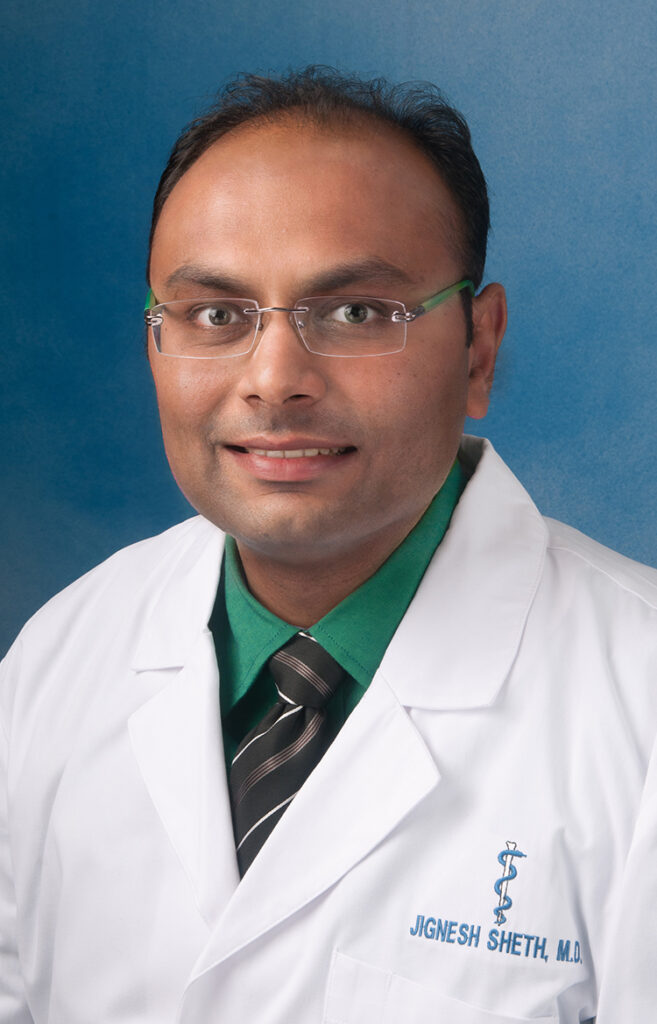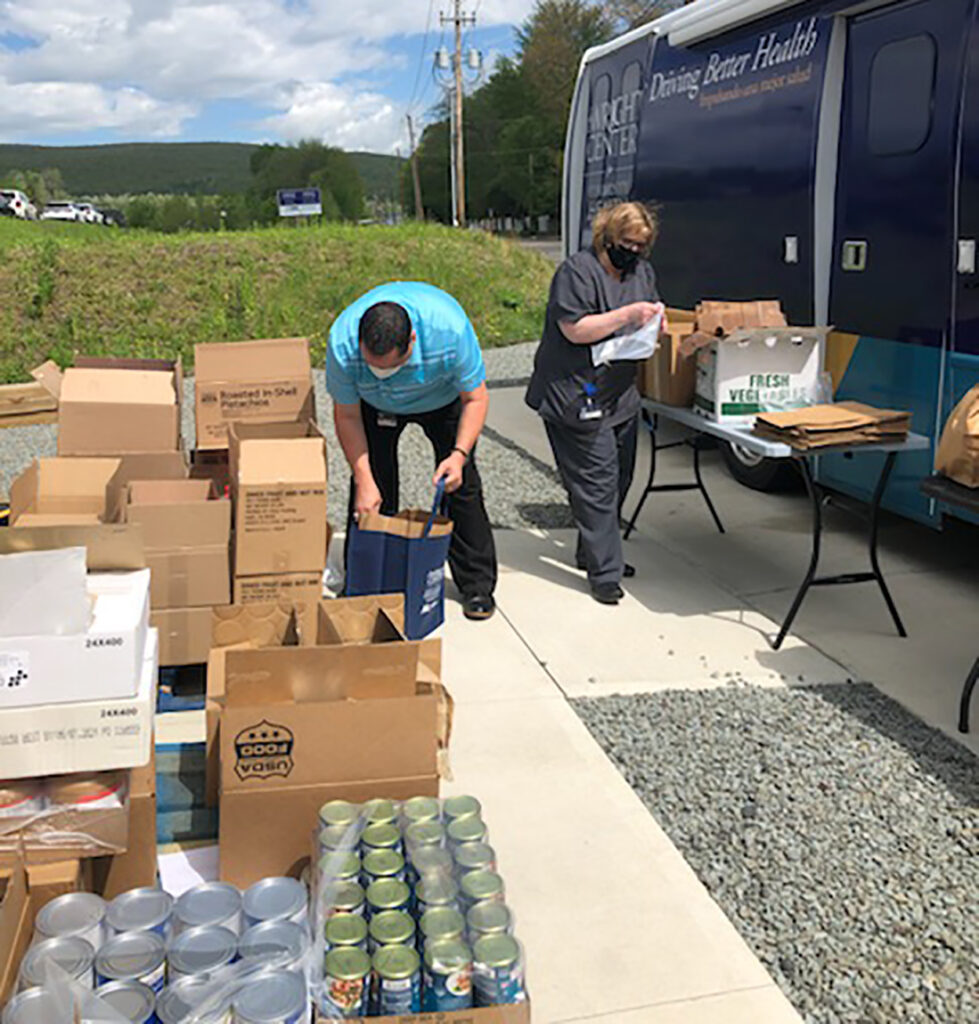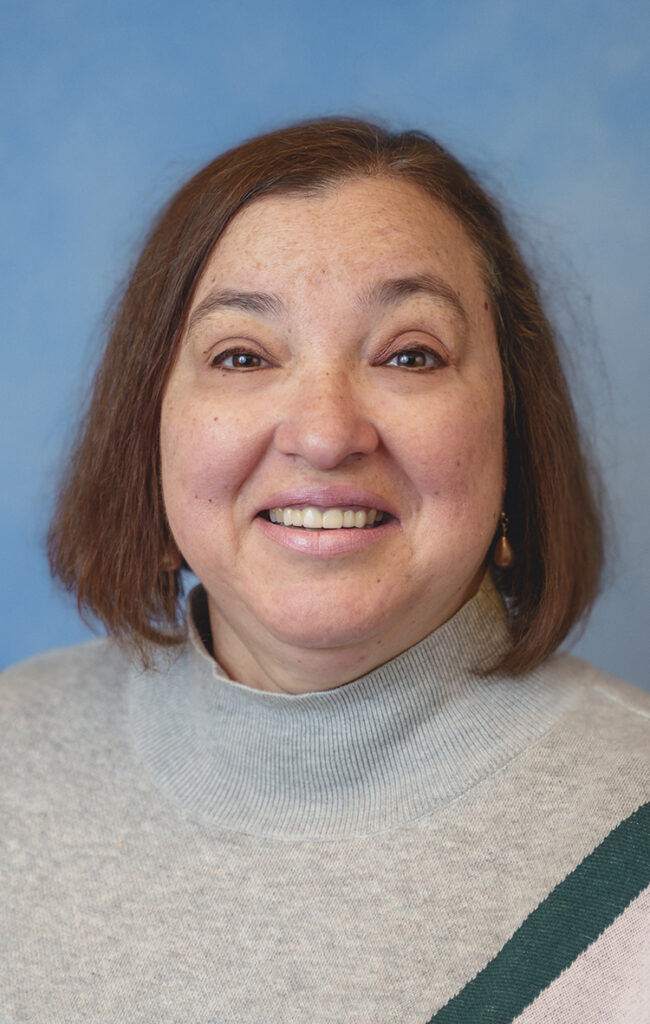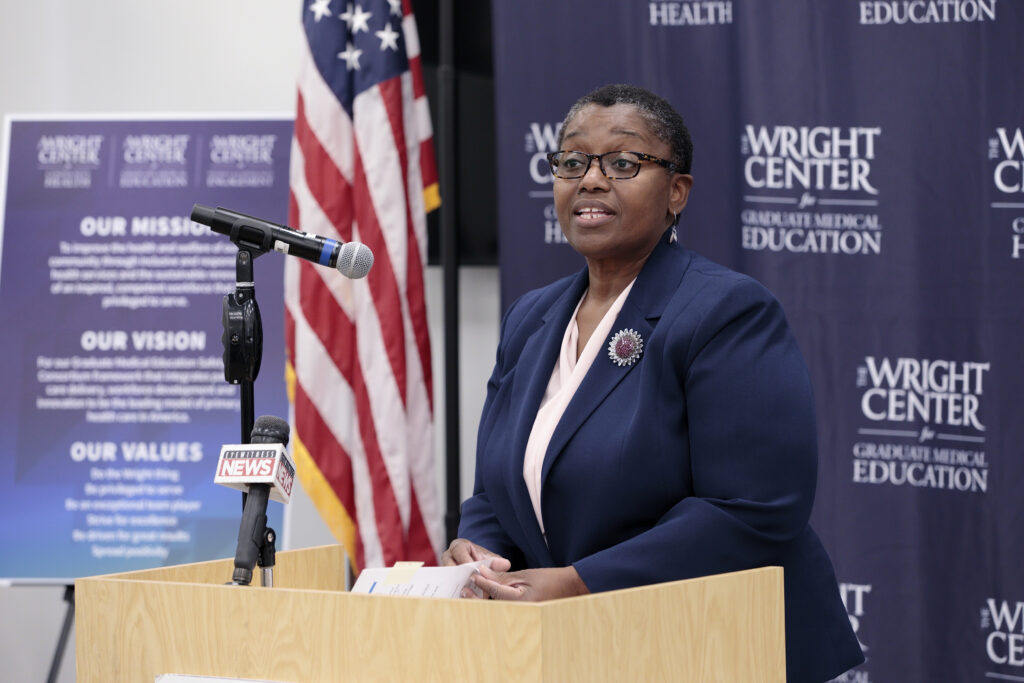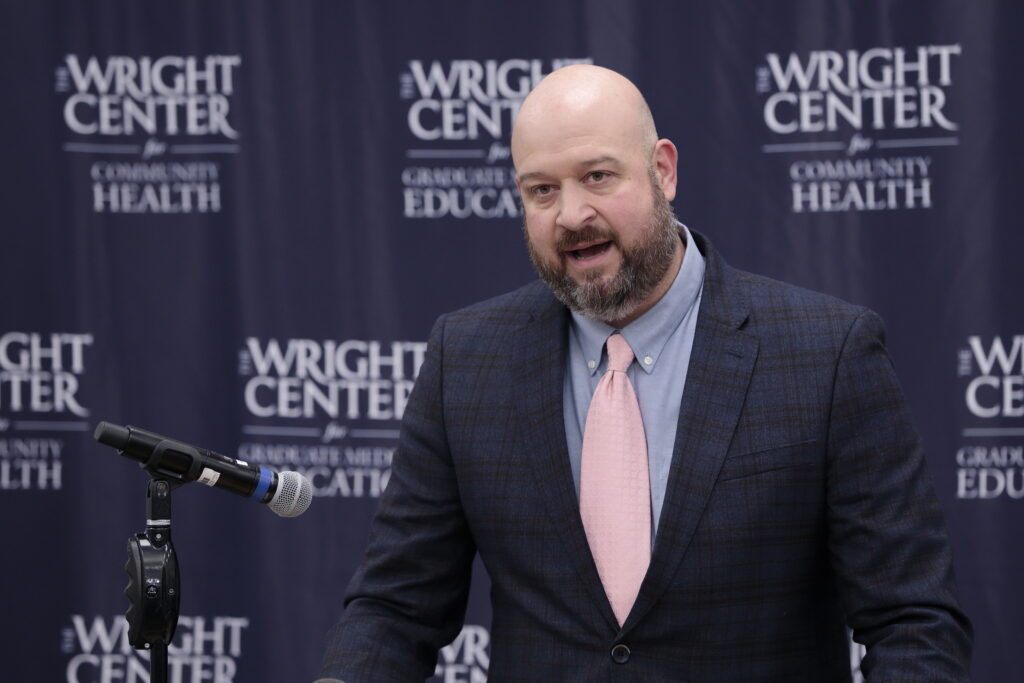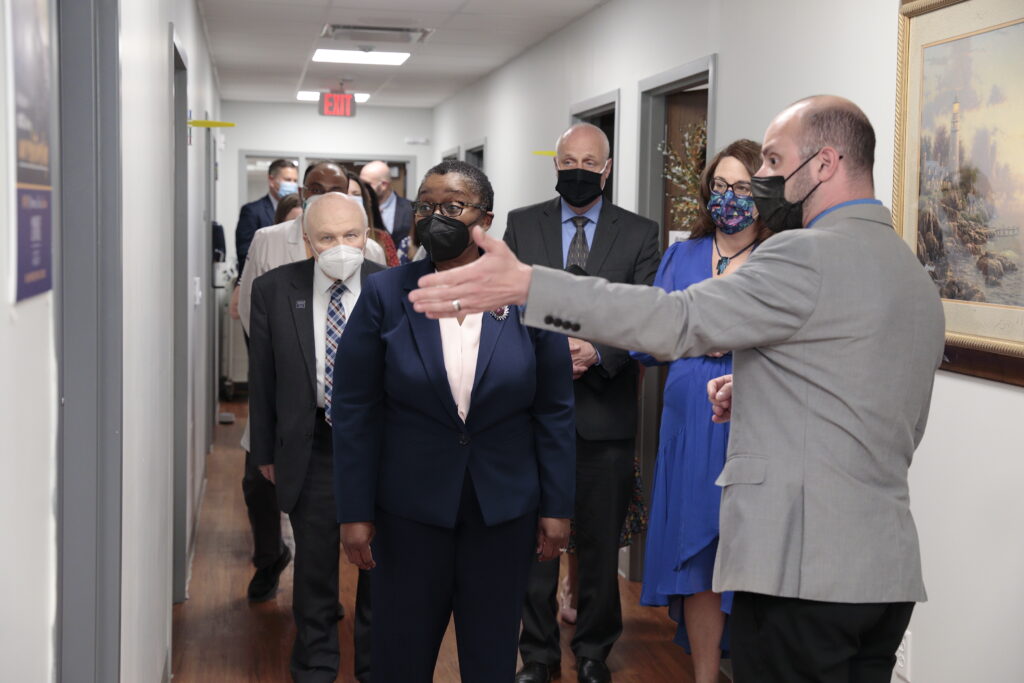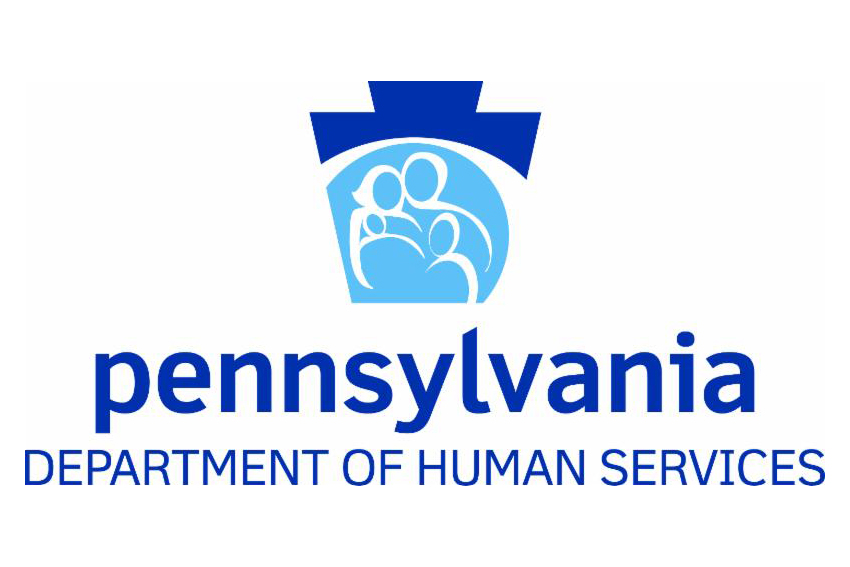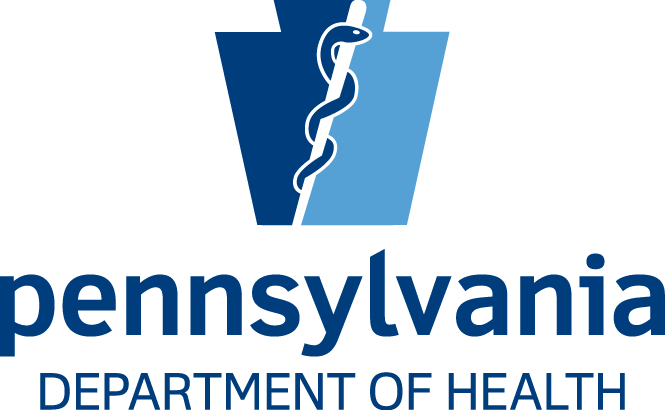
The Scranton Area Community Foundation awarded The Wright Center for Patient & Community Engagement an $18,500 grant in support of the organization’s Community Health Workers’ Patient Assistance Program in Lackawanna County. Participating in the ceremonial check presentation, from left, are William Waters, vice chairperson, The Wright Center for Community Health Board of Directors; Mary Marrara, secretary, The Wright Center for Community Health Board of Directors; Laura Ducceschi, president and CEO, Scranton Area Community Foundation; Kara Seitzinger director of public affairs/advisor liaison to president and CEO, The Wright Center; and Gerard Geoffroy, chairperson, The Wright Center for Community Health Board of Directors.
The Wright Center for Patient & Community Engagement (TWCPCE) was recently awarded an $18,500 grant from the Scranton Area Community Foundation to support the organization’s Community Health Workers’ Patient Assistance Program in Lackawanna County.
Community health workers will use the grant funds to respond to the hardships identified in social and economic determinants of health (SDOH) screenings that are administered at a patient’s first appointment with an emphasis on providing food donation bags, bus passes, and filled school backpacks for needy students who reside in Lackawanna County.
“Patients will receive these items to help alleviate poverty in Lackawanna County. We will provide 74 children with backpacks filled with school supplies, making sure they have the supplies they need to learn and grow,” said Kara Seitzinger, director of public affairs for The Wright Center for Community Health. “This program will help ensure that individuals and families will not go hungry, and that reliable transportation will be available when needed.”
In addition to the children’s backpacks, the organization’s goal is to provide 521 bus passes and food donation bags to 207 families and individuals.
During a SDOH screening, community health workers determine if a family is experiencing financial hardship or food insecurity and transportation issues and more.
In 2021, The Wright Center’s community health workers made 2,630 outreaches to patients receiving services at the Scranton practice, illustrating the dire needs of individuals who completed the SDOH screenings. Housing, food, utility, phone, health care assistance, clothing, childcare and transportation were needed, along with behavioral health and stress relief.
In 2020, TWCPCE participated in food drives that fed 1,800 families. The team also distributed 1,000 school backpacks and 378 winter coats.
“We provide 160 bus passes every six months per clinic and at least 10 bags of food per week to needy families,” said Amanda Vommaro, co-director of TWCPCE. “The need is growing due to the ongoing pandemic and the economic impacts of the war in Ukraine. Our community health workers will have the necessary resources to immediately respond to needs identified during social and economic determinants of health screenings, thanks to the resources provided by the generosity of the Scranton Area Community Foundation.”
TWCPCE’s mission is to improve the health of the community through education, advocacy, patient-centered services and efforts directed toward the SDOH. Its 18-member board, comprised of Wright Center for Community Health patients and area professionals, is passionate about helping the less fortunate in the service area, including those experiencing homelessness, poverty, food insecurity, social isolation or other hardships and encompasses people of all ethnic/racial backgrounds and ages.

